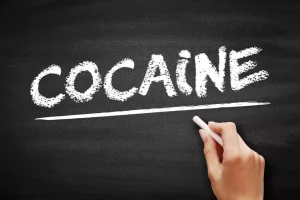
Focus on staying hydrated, avoiding alcohol before bed, and keeping a healthy lifestyle to naturally reduce your snoring over time. You may still feel post-acute withdrawal symptoms like anxiety and fatigue. This is totally normal as your body adjusts to its new normal without alcohol.
Alcohol’s Lasting Effects on Sleep
Doing so without medical supervision can trigger a new addiction to another substance. Recovering alcoholics report that during the initial steps of sobriety, keeping busy was one of the most successful ways to stay sober and get enough sleep. Their objectives were to have enough to do so that their mental focus and physical activity would wear them out, allowing for a full and restful night of sleep.
Cognitive Behavioral Therapy for Insomnia (CBT-I)
If you quit drinking and can’t sleep without alcohol I feel your pain. Years ago, I would frequently succeed in quitting drinking for one day. Alcohol has long been known to have a significant impact on sleep quality, despite its reputation as a sleep aid.
- More serious symptoms, such as confusion and convulsions, can occur in cases of prolonged, long-term alcohol use.
- Consequently, there’s an uptick in wakefulness at times when sleep should naturally occur.
- As early as one week after stopping alcohol, you will likely begin to see benefits.
Break The Cycle Of Drinking Yourself To Sleep
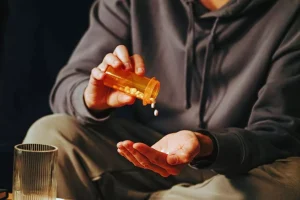
In turn, this results in more awakenings and a reduction in the restorative REM https://ecosoberhouse.com/ sleep phase. Ultimately, excessive alcohol consumption is linked to poor sleep outcomes. There are many other lifestyle strategies for insomnia such as yoga, meditation, and sauna or steamroom therapy.
- For example, damaging your liver is like scratching the back of your hand with your nail constantly until you break the skin.
- Meanwhile, it increases the time spent in the lighter N2 stage of non-REM sleep.
- You may still feel post-acute withdrawal symptoms like anxiety and fatigue.
- Months after I quit, I still had many symptoms of thyroid imbalance – a malady that often results in poor sleep.
- In my view, taking a break from alcohol for four weeks is very psychologically beneficial, because it allows people to focus their minds on their relationship with alcohol.
- Daytime sleepiness, reduced concentration, irritability, and other symptoms can then result.
For example, patients of all ages who come to us drinking heavily have exceedingly high blood pressure. Even if they’re on a detox plan with a significant amount of tranquilizers, their levels can be up to 170. Giving up alcohol can bring these levels down within a few weeks. If your body isn’t recovering from alcohol everyday, you’ll be able to concentrate more, notice an improvement in your memory and increase your overall function at work and at home.
The Impact of Alcohol on Sleep Quality and Patterns
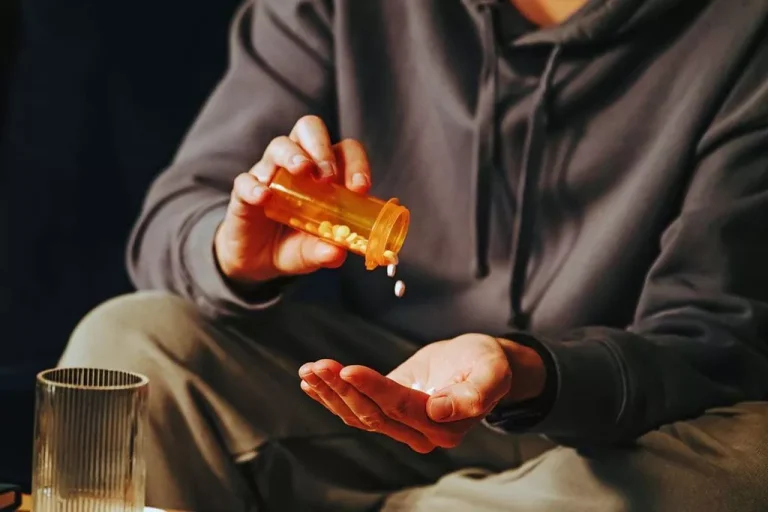
If you overload the liver, you have more of those toxins inside your body, which can damage the liver itself, your brain, your stomach, your heart and your pancreas. Many countries take part in „Dry January”, a campaign which encourages people to give up alcohol for one month. In my view, taking a break from alcohol for four weeks is very psychologically beneficial, because it allows people to focus their minds on their relationship with alcohol. Crystal Raypole has previously worked as a writer and editor for GoodTherapy. Her fields of interest include Asian languages and literature, Japanese translation, cooking, natural sciences, sex positivity, and mental health. In particular, she’s committed to helping decrease stigma around mental health issues.
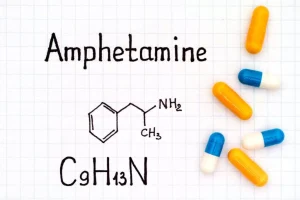
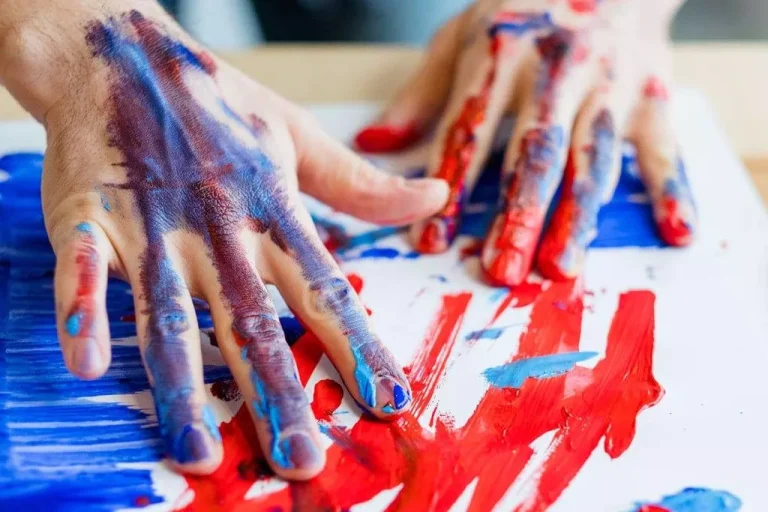
If you need a snack, opt for something light and avoid rich, fatty foods. Small changes can make a big difference in reducing snoring on a plane. One of the easiest ways to stop yourself from snoring on a plane is to sit upright. Reclining can cause your tongue to fall back into your throat, blocking airflow.
Day 27
Chemical messengers in your brain, like GABA and glutamate, play crucial roles in regulating sleep. When you start drinking, alcohol mimics the effects of GABA and makes you feel sleepy. But when you drink regularly over time, your brain adapts to alcohol. As a result, it produces less of—and becomes less sensitive to—these important sleep chemicals. Multiple relaxation methodscan be how to sleep without alcohol used to help you wind down and fall asleep.